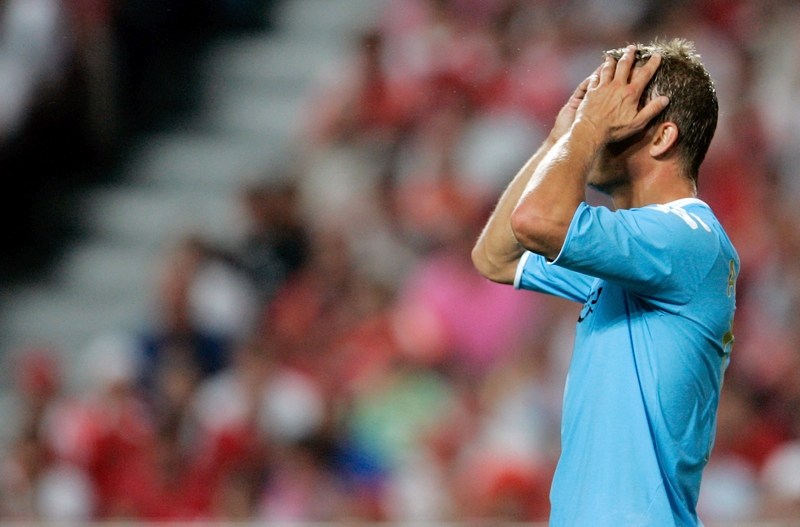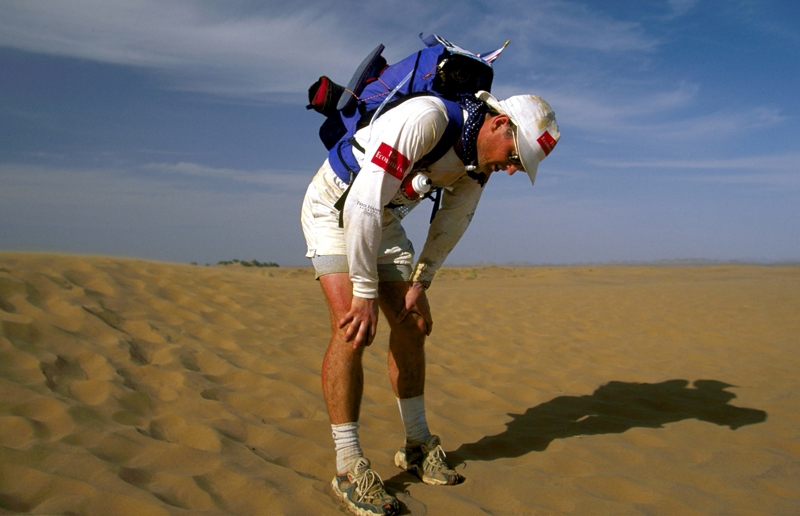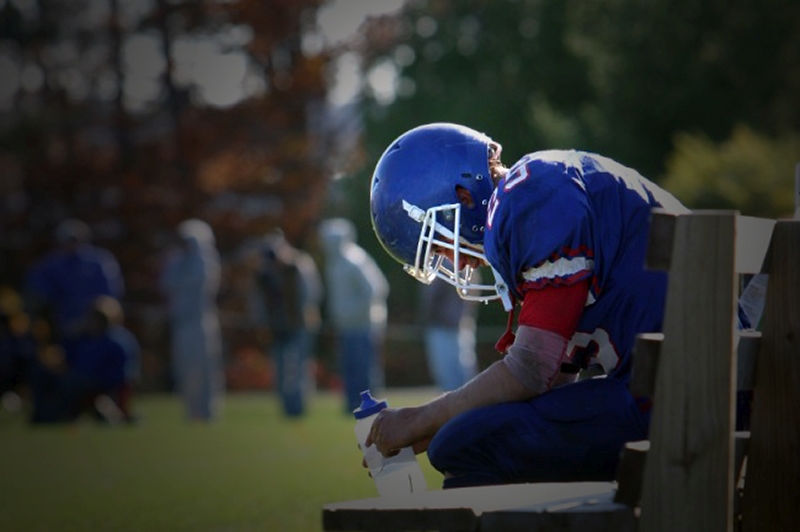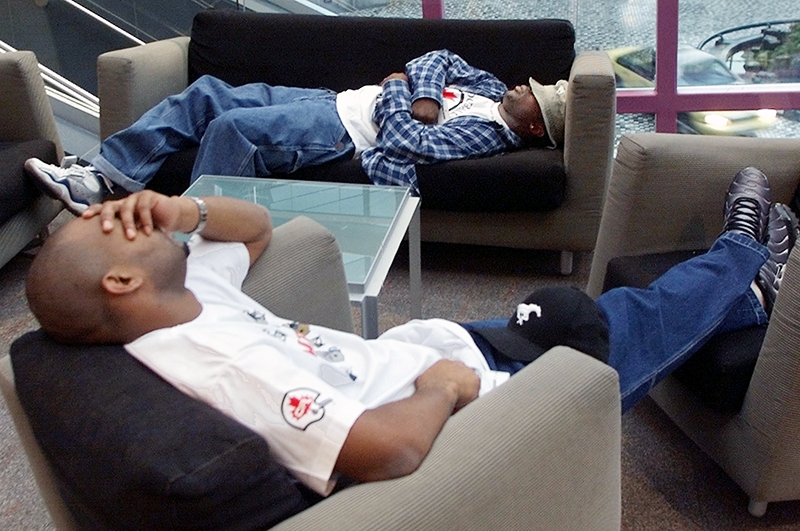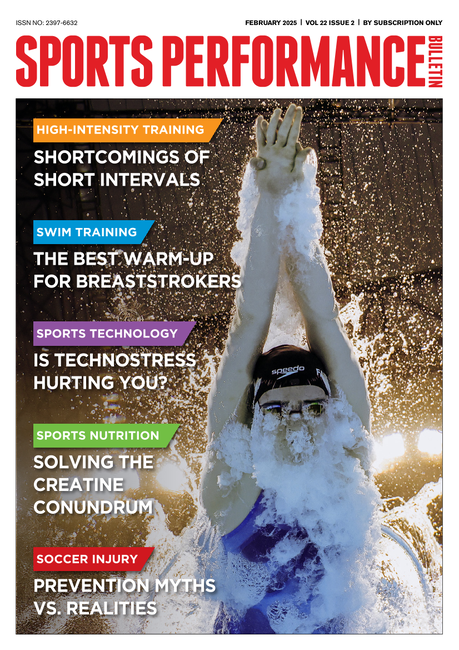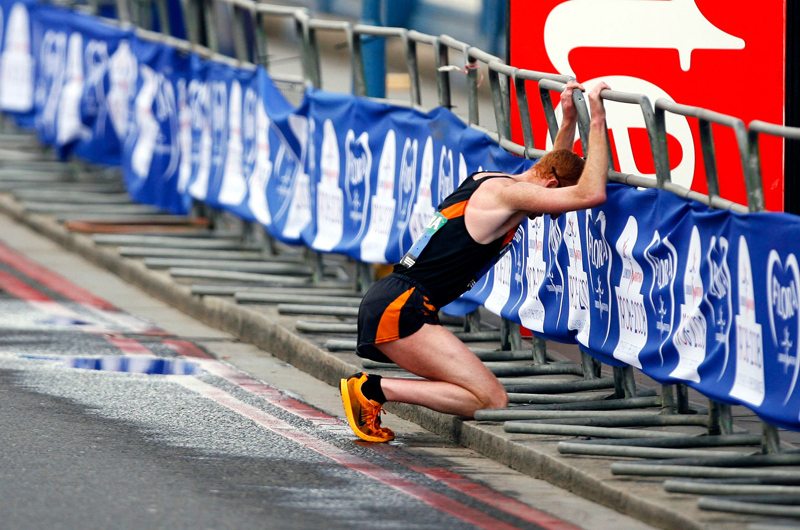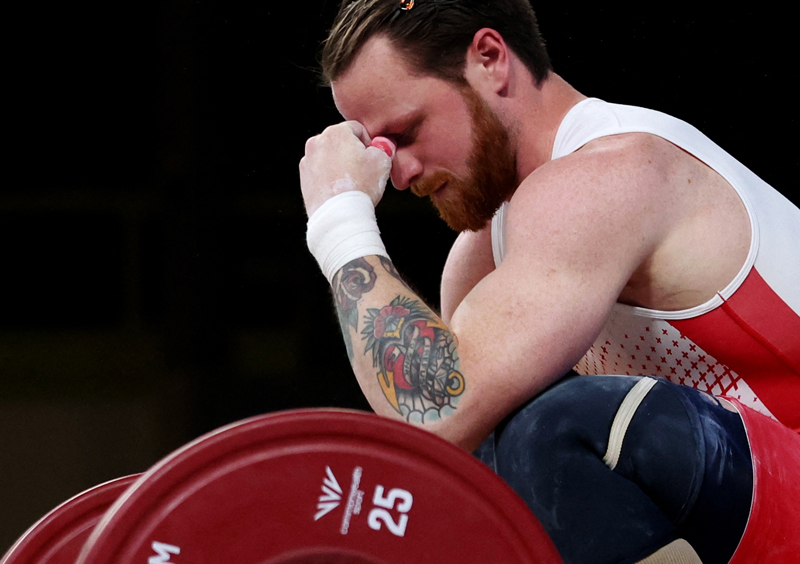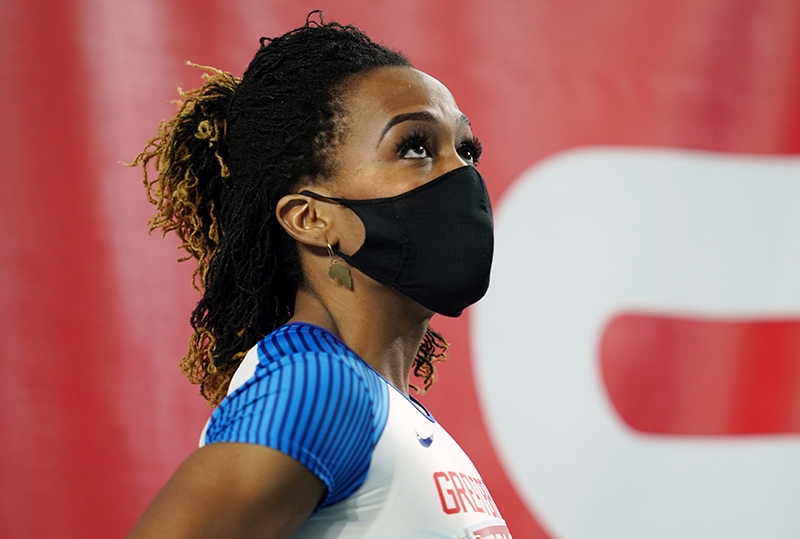You are viewing 1 of your 1 free articles. For unlimited access take a risk-free trial
Win at all costs? Not if long-term success matters!

Olympian medalist Dr Cath Bishop explores the potential pitfalls of a ‘it’s the winning that counts’’ mindset, and suggests a superior and more holistic approach to competition
Golfer Thomas Bjorn found himself thinking “Is that it?” when he won his first victory on the European Tour in 1996 at the age of 25. England Cricket Captain Andrew Strauss asked the same thing after the England test cricket team finally achieved the long-coveted status of being number one in the world in 2011. Mark Spitz crashed mentally after winning seven gold medals at the 1972 Munich Olympics as he realized the effect of winning were not lasting. Victoria Pendleton described winning her first Olympic gold medal in cycling as an anti-climax and said she didn’t feel like celebrating at all.Winning changes nothing
These images clash uncomfortably with traditional images of sporting success, of winning heroes held up as sporting role models and intended to motivate future generations. In his autobiography, ‘Open’, Andre Agassi describes hauntingly his feelings after winning a long-awaited Grand Slam title: “I feel… as if I’ve been let in on a dirty little secret: winning changes nothing.”If that’s how the winners feel, imagine the experience of all the others who finished 2nd and below. Words such as ‘bereavement’, ‘loss’ and ‘regret’ recur with a poignant frequency. Stuck in this winner-takes-all, ‘winning is the only thing’ mindset, there isn’t a good outcome, win or lose. This approach also fails to tap into the deeper levels of motivation that we have when we are engaged in something that has meaning, where we can see ourselves making progress and where we feel connected to others around us.
Our emphasis on outcomes and results, placings and rankings, medals and trophies is shortening sporting careers, creating long-term mental health issues and putting off youngsters and adults from joining sport if they feel they aren’t ‘talented’ enough or likely to come first. Thus, some sports psychologists now argue it’s time for a new mental approach to sport, whether elite or novice and a rethink about why we do sport, how we do sport, and who we do sport with. Those who favor the old heroic narratives might think this means advocating a softening or lowering of standards. Quite the opposite; instead it means challenging the framework we put around winning, competition and success in order to consider how we might do it better.
Clarity, constancy and connection
Stemming from my involvement with the ‘True Athlete Project’, I have developed three themes to help athletes do sport better: clarity, a constant learning mindset and connection – the ‘three Cs’ (figure 1).Figure 1: The three Cs

The three C’s are not finite activities to be scheduled and ticked off. Neither are they key performance indicators to be managed in spreadsheets or flowcharts. They are open-ended, emerging, ongoing prompts to help us develop the way we think about the world, see ourselves within it and connect with others. They help us to ensure that the social sciences are included within our view of sports science and performance support. This helps to keep athletes on track to grow their mindsets and mental models, change and adapt behaviors as they develop, and build more meaningful relationships together to achieve what cannot be achieved alone.
*Clarity
Firstly, clarity of what matters is vital to performance and goes beyond technique and fitness. When I started training as an Olympian twenty years ago, the performance environment was largely focused on strength, power and endurance measures, and struggled to explain or address poor performances when these measures scored highly. The stream of stories about disillusioned champions, long-term mental health challenges and (in the case of British Gymnastics) awful abuse, shows that a broader approach to developing sporting performance is required. These athletes lost sight of why they played sport and operated in an environment that didn’t value them beyond sport and didn’t uphold the values that count above results. Clarifying what matters to us in the longer-term and understanding the role that sport plays in your life is essential to developing a deeper connection to your sport. There don’t need to be easy or fixed answers to these questions; continuing to ask the questions will help chart a new path.- Why do you play sport?
- Clarify what success looks like in terms of ‘how’ and ‘who’? What are the values that underpin how you train and compete?
- What meaning has sport given to your life, and what will it give in the future?
*Constant learning
A constant-learning mindset builds on the performance mindset thinking within sport psychology, This is a mindset whereby athletes focus on the ‘performance’ that they control, rather than the results, which depend on external factors. This involves a new narrative within training – focusing on what you are doing well and what you are looking to improve, rather than where you rank compared with others. It creates a resilience that comes from a focus on constant improvement and avoids the rollercoaster of emotions that comes from a focus on results ie – you’re up when you win but already fearing the crash that comes when you lose. I know from personal experience that it feels significantly freer to sit on an Olympic start line ready to deliver your best performance, than to sit there feeling that you have to win. Even though most sports psychologists strongly advocate this way of thinking, many coaches have yet to buy into it, unable to leave behind the language of results and rankings. Here are some questions to develop a constant-learning mindset:- Are you open to learning? Do you display a growth mindset? Understand when you are on automatic pilot or fixed in your views and when you are open to learning in training and competition.
- Invest in developing learning behaviors including coaching, feedback and proactive reflection. Make these the mainstay of your performance conversations and thinking.
- Reflect on how you might need to adapt what you have learnt in the past, and consider what you might need to unlearn or relearn.
*Connection
Finally, human connection is the glue that connects us all to sport. Sport at its purest level is about connecting us and creating communities. Don’t let these be an afterthought; instead place them at the forefront of your engagement with sport. Here are some relevant questions to develop connection:- How well do you connect? Consider the quality of your conversations, relationships and the communities to which you belong.
- Consider the experience you want to have in pursuing sport and the experience that you want others to have training and competing alongside you. Place this as central to your redefinition of what success looks like.
- Reach out and connect on a deeper level with those you train with, your competitors in races and rivals and allow them to add an extra dimension to your engagement with sport.
In summary
It’s clear that sport has significant untapped potential to be a far more effective driver of physical and mental health, a more positive means of exploring human potential and a powerful force to unite communities. There is significant scope to develop sporting success that lasts beyond the finish line, to reframe what winning means in order to improve both the performance and wellbeing of all of us who enjoy sport and to explore more fully the potential of sport to create positive social change.Cath Bishop is an Olympic rowing silver medalist, former diplomat and now works as a business coach and speaker. She is involved in the work of the True Athlete Project, which aims to transform lives through sport, and is actively working to create more mindful, compassionate performance environments in sport. Her book, ‘The Long Win: The search for a better way to succeed’ is published on 13th October by Practical Inspiration Publishing (available for pre-order).
Newsletter Sign Up
Testimonials
Dr. Alexandra Fandetti-Robin, Back & Body Chiropractic
Elspeth Cowell MSCh DpodM SRCh HCPC reg
William Hunter, Nuffield Health
Newsletter Sign Up
Coaches Testimonials
Dr. Alexandra Fandetti-Robin, Back & Body Chiropractic
Elspeth Cowell MSCh DpodM SRCh HCPC reg
William Hunter, Nuffield Health
Keep up with latest sports science research and apply it to maximize performance
Today you have the chance to join a group of athletes, and sports coaches/trainers who all have something special in common...
They use the latest research to improve performance for themselves and their clients - both athletes and sports teams - with help from global specialists in the fields of sports science, sports medicine and sports psychology.
They do this by reading Sports Performance Bulletin, an easy-to-digest but serious-minded journal dedicated to high performance sports. SPB offers a wealth of information and insight into the latest research, in an easily-accessible and understood format, along with a wealth of practical recommendations.
*includes 3 coaching manuals
Get Inspired
All the latest techniques and approaches
Sports Performance Bulletin helps dedicated endurance athletes improve their performance. Sense-checking the latest sports science research, and sourcing evidence and case studies to support findings, Sports Performance Bulletin turns proven insights into easily digestible practical advice. Supporting athletes, coaches and professionals who wish to ensure their guidance and programmes are kept right up to date and based on credible science.
